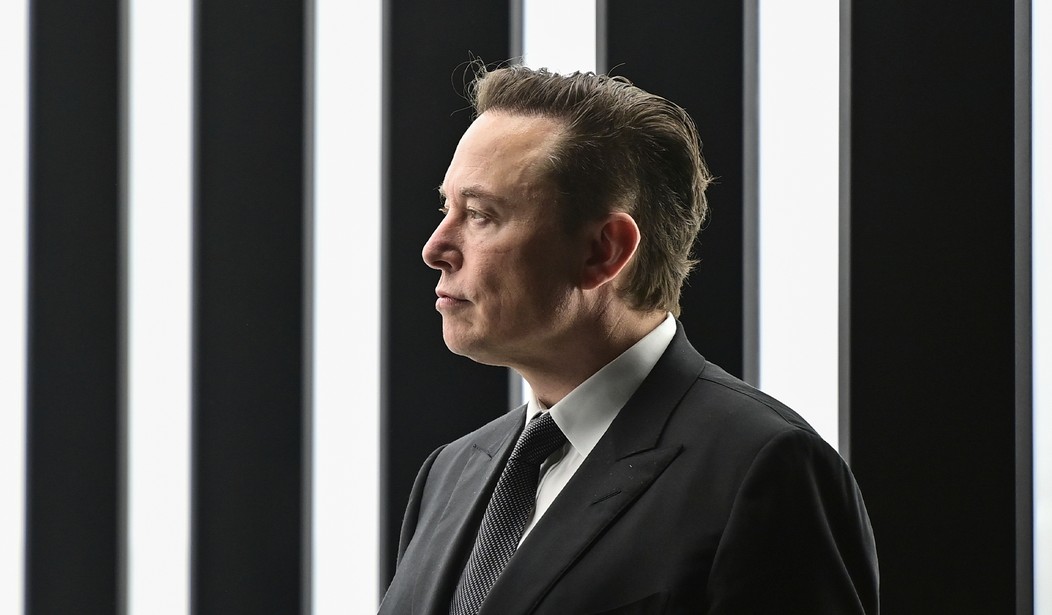In recent weeks. Elon Musk has taken the position of provocation toward media outlets on his social media platform. It can be said he has been, depending on your interpretation, either justified, intemperate, antagonistic, petty, or outright hostile with select news organizations and their Twitter accounts. How this will play out long term is not known, but there is a potential for diminished effects if a collection of outlets depart the platform.
That said, some of these outlets have revealed things about themselves in the contentious interplay we have seen. When NPR and PBS both announced departing the social media platform, there was all manner of dramatic offenses portrayed – as well as a heavy dose of misinformation delivered.
There was no shortage of claims about the independence and integrity of the reporting at NPR; boasts that evoked their share of laughter as remembrances of the site declaring boldly that they would refuse to cover the Hunter Biden laptop story. NPR has, over the years, built themselves into a dependably left-leaning news source, taking a friendly approach to Democrats and liberal agenda items, while Republicans and Fox News are constant targets of criticism and scorn.
Many were also contesting that the network is publicly-funded, making the bogus claim that they receive only 1% of their funding from the Corporation for Public Broadcasting. This is a heavy dodge, as I detailed in a recent "Lie-Able Sources" podcast episode. The CPB doles out funding to local affiliates across the country, and it, in turn, pays NPR for programming rights. This is also seen on the NPR website, where they reiterate the importance of public funding for their survival.
Recommended
Even in the aftermath, we see NPR figures struggle. A major name at the network, Steve Inskeep, tried to claim those suggesting NPR was leaving outright were dealing in lies. He tried to say the outlet was simply scaling back their presence on Twitter and that people were wrongly declaring it as a departure. The only problem; NPR said it would "quit" Twitter.
Amazing that an @NPR voice claims to be "reliable information", then delivers misinformation about the departure of his network.
— Brad Slager: Just Watching Walls Moving Out... (@MartiniShark) April 18, 2023
It was @NPR that said it was leaving this site, Steve.
"Quits" indicates abandonment, not "de-emphasizes". https://t.co/YJXT8vaoJ8 pic.twitter.com/4vy6lrIF36
Another Twitter account branded with the "Government-funded Media" tag led to a curious response. The head of the U.S. Agency for Global Media, Amanda Bennett, decried that the account for Voice of America – operated by USAGM – received Elon's tattoo. You can almost sympathize with Bennett as she attempts to rationalize away the labeling:
We completely reject the implications of the label ‘government-funded,' said Bennett, according to a State Department transcript. 'Of course we’re government-funded, but it’s potentially misleading.'
So something that is entirely accurate (her agency is completely funded by the federal government) is "potentially" misleading – how? VOA is designed to be a media mouthpiece of the U.S. government overseas. Misleading or "revelatory," Ms. Bennett?
Joining the ranks of the recast outlets that ultimately flee Twitter is the Canadian Broadcasting Corporation. It was announced now that this outlet would also be leaving their account behind. Musk showed his trademark dismissiveness when some came out to say the news organization receives less than 70% of their funding from the government, so the label was altered to read "69% Government-funded Media." Prime Minister Justin Trudeau came out with a press conference to express his disgust with this labeling of the site.
Justin Trudeau isn’t too happy that Twitter labelled @CBC “Government-Funded Media” 🤣
— ALX 🇺🇸 (@alx) April 17, 2023
pic.twitter.com/KJF8NSgWyT
Call it a dose of poor optics, but maybe when trying to claim that you are a news outfit separate from the state establishment, maybe having the hyper-leftist prime minister coming out in your defense was a bad move. The claim that calling the CBC "government-funded" is an offense is completely laughed off when you see the expenditures. Over the past few years, Trudeau's government has delivered well over 1 billion Canadian dollars annually. That more than doubles the gross outlay in the U.S. for public media.
Now, we can all debate the merits or possible problems of Elon Musk's antagonism. But at the same time, you have to acknowledge that his doing so has exposed these same media outlets. Just look at how they are bothered by factual details and how it leads to a flurry of misinformation spewing forth, as these same sources are touting themselves as noble broadcasters of the truth.

























Join the conversation as a VIP Member